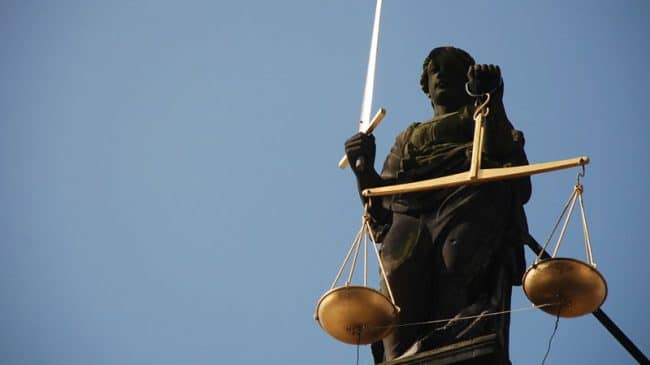Brief Amicus Curiae of Reason Foundation, Pacific Legal Foundation, and Individual Rights Foundation
Sebelius v. Hobby Lobby Stores, Inc.
Conestoga Wood Specialties Corp. v. Sebelius
“Corporate personhood” is a long-standing doctrine in American law, and one critical to protecting the individual rights of natural persons and securing the foundations for economic and social progress. Although this doctrine has come under assault in recent years-thanks largely to misunderstandings and misrepresentations of this Court’s holding in Citizens United, 558 U.S. 310 (2010)-it rests on sound legal foundations and is strongly supported by policy considerations. Nor should courts resort to ad hoc distinctions between “for-profit” and “non-profit” corporations when recognizing and protecting constitutional rights in the corporate context.
In its decision below, the Third Circuit Court of Appeals declared that it “simply [could] not understand how a for-profit, secular corporation-apart from its owners-can exercise religion.” Conestoga Wood Specialties Corp. v. Sec’y of U.S. Dep’t of Health & Human Servs., 724 F.3d 377, 385 (3d Cir. 2013). But in fact corporations regularly exercise religion in precisely the same manner that they exercise freedom of speech, private property rights, or other constitutional freedoms. Americans routinely exercise their constitutional rights in the corporate form, and discriminating against those who choose to do so in the for-profit context has no constitutional foundation.
As the Tenth Circuit recognized, the free exercise of religion is not a “purely personal” right. Hobby Lobby Stores, Inc. v. Sebelius, 723 F.3d 1114, 1133-34 (10th Cir. 2013). On the contrary, people frequently exercise religion by using the corporate form to express their moral values, or to seek to influence the moral conduct of others. The Tenth Circuit was correct: free exercise is not a “purely personal” right, and it can be vested in a corporation.
For-profit business corporations can and often do exercise freedom of religion. The decision of the Third Circuit should be reversed, the decision of the Tenth Circuit should be affirmed.
